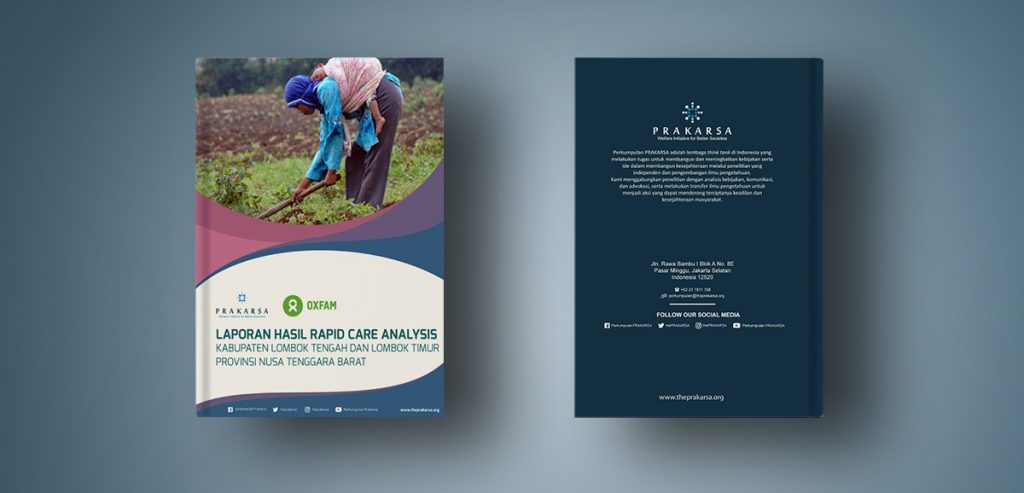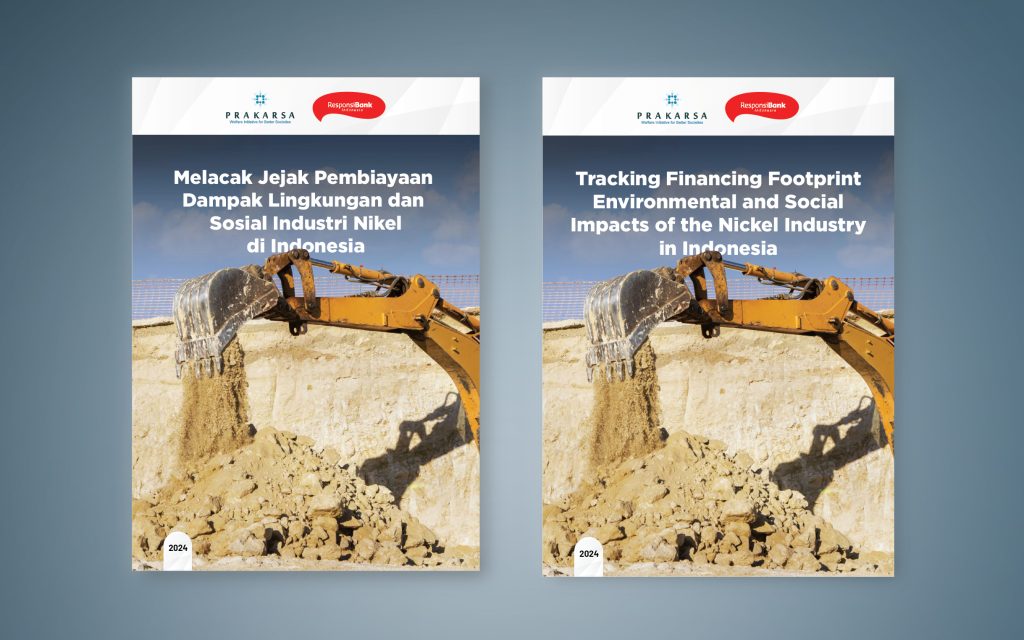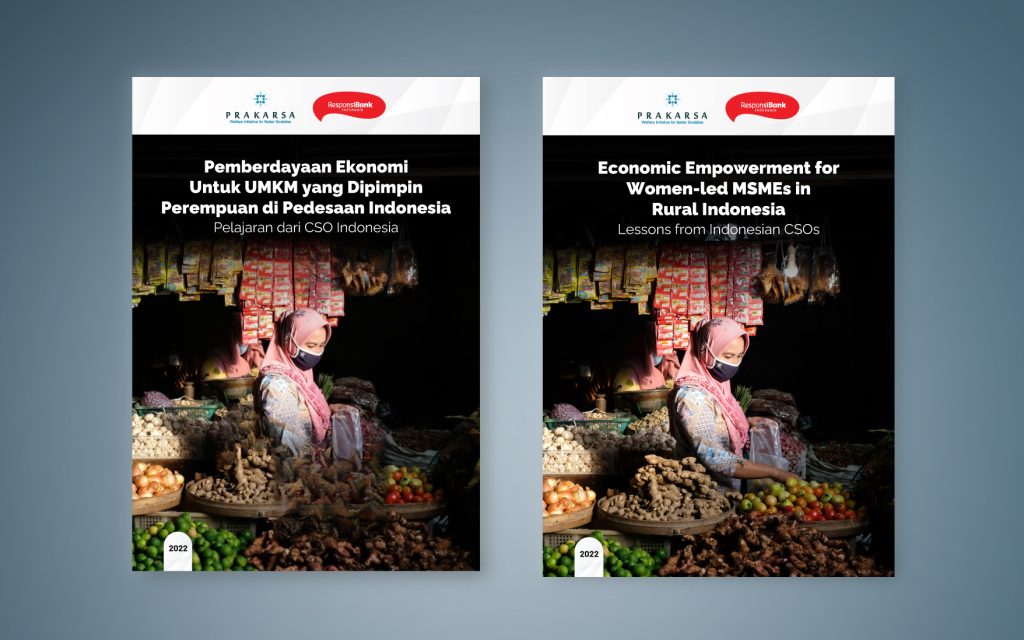
Working in the knowledge production and distribution sector, there are things that must be possessed by the perpetrators, namely the sensitivity to catch important issues that are often not paid attention to by the public. One of the important issues that the public pays little attention to is unpaid care work, unpaid care work. Starting from caring for children, caring for the elderly, cooking, washing, ironing, cleaning the house to doing social work in their environment. This unpaid care work has not even been included in the national economic calculations in many countries, including Indonesia. In short, this unpaid care job is still invisible although indispensable in our economy.
Who works in unpaid care work? Woman! Be it wife, mother, sister or daughter. McKinsey estimates show that 75% of women are in unpaid work. Unpaid care work by women is equivalent to 13% of GDP globally. If combined between unpaid work and paid workTherefore, the role of women in the national and global economy is very large.
However, the magnitude of the role and contribution of women has not been seen, recognized and shared by men optimally. As a result, socio-economically and socio-politically, there have been no adequate steps so that women are not too burdened with unpaid care work. All types of unpaid care work as if it were a woman's full obligation, which was natural and could not be tampered with. Meanwhile, men's job is only to earn a living and play a role in the social sphere.
The impact of this condition is that it is difficult for women to develop themselves politically, economically and socially. Furthermore, the subsequent impact is that efforts to protect and empower women are not running optimally. In fact, most people already have the view that one of the keys to welfare development is the participation of women in political-socio-economic activities. Women's participation will place women as development actors as well as beneficiaries of development activities.
Under these conditions, the Association PRAKARSA with support from Oxfam in Indonesia and Oxfam Australia conducted rapid analytical research on care work in Central Lombok and East Lombok. This rapid analysis research is to get an in-depth picture of unpaid care work and to highlight issues unpaid care work in public. It is hoped that the results of this quick analysis can spark the attention of the parties and can be used as material in advocating for the recognition, division of roles, empowerment and protection of women, especially in the effort to achieve the goal of sustainable development goal number 5, gender equality.



